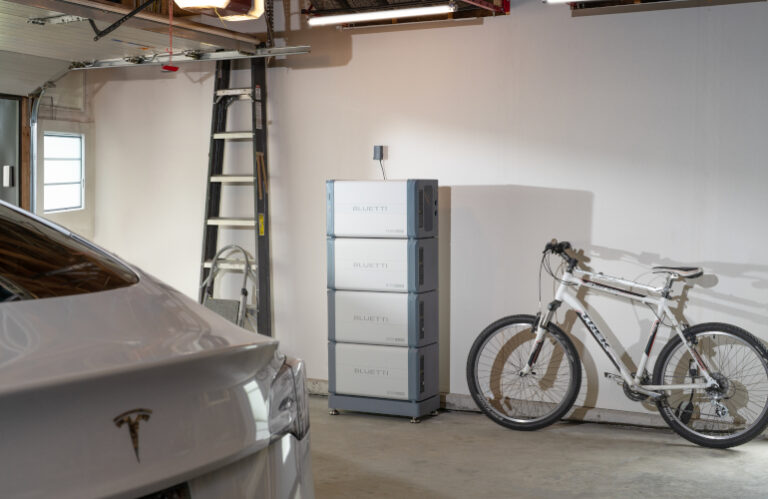Late last week, the California Contractors State License Board (CSLB) dealt a blow to the state’s goal of rapidly growing local energy storage capacity, according to the California Solar & Storage Association (CALSSA).
The CSLB voted to approve a new rule that would prohibit licensed solar contractors from installing new battery storage capacity in existing solar energy systems or performing maintenance on battery storage systems, including those they installed themselves. Those projects would now require a licensed electrician. Licensed solar contractors could still install smaller battery storage at the same time solar systems are being installed, but the inability to offer warranties on those systems makes the reimbursement impractical.
By severely limiting the number of workers allowed to build solar and energy storage systems and increasing the cost of installations, the CLSB rule contradicts California’s stated goal of rapidly growing energy storage capacity.
Clean energy advocates described the new rule as a solution in search of a problem. It was approved by the CSLB, despite the board’s own investigation showing no previous safety issues or incidents with any U.S. energy storage batteries installed to date.
“California continues to say one thing and do another when it comes to fighting climate change,” said Bernadette Del Chiaro, executive director of CALSSA. “Over the past year, California has reduced incentives for rooftop solar, banned self-generation at schools and farms, and proposed expensive fixed charges that hurt energy conservation and low energy consumption. Now they are undermining California’s nascent progress in battery storage with severe workforce constraints. This must stop if we want to move forward as a state, keep energy prices low and prevent future power outages.”
The new rule was opposed by the solar and storage industries, clean energy advocates and consumers, along with unions representing workers and carpenters. The electricians union, which signed an agreement with PG&E to address “competitive threats in the marketplace,” supported the change.
The rule will now be reviewed by the California Office of Administrative Law to ensure that the regulations are “clear, necessary and legally valid” and that the CSLB meets the standards set forth in the California Administrative Procedure Act. The rule could then come into effect as early as the autumn of 2024.
Opponents of the rule have asked Gov. Newsom to intervene and are considering legal challenges based on a mix of procedural and substantive deficiencies in the CSLB’s rulemaking process, including the agency’s refusal to study the environmental impacts of the new rule.
News release from the California Solar & Storage Association


